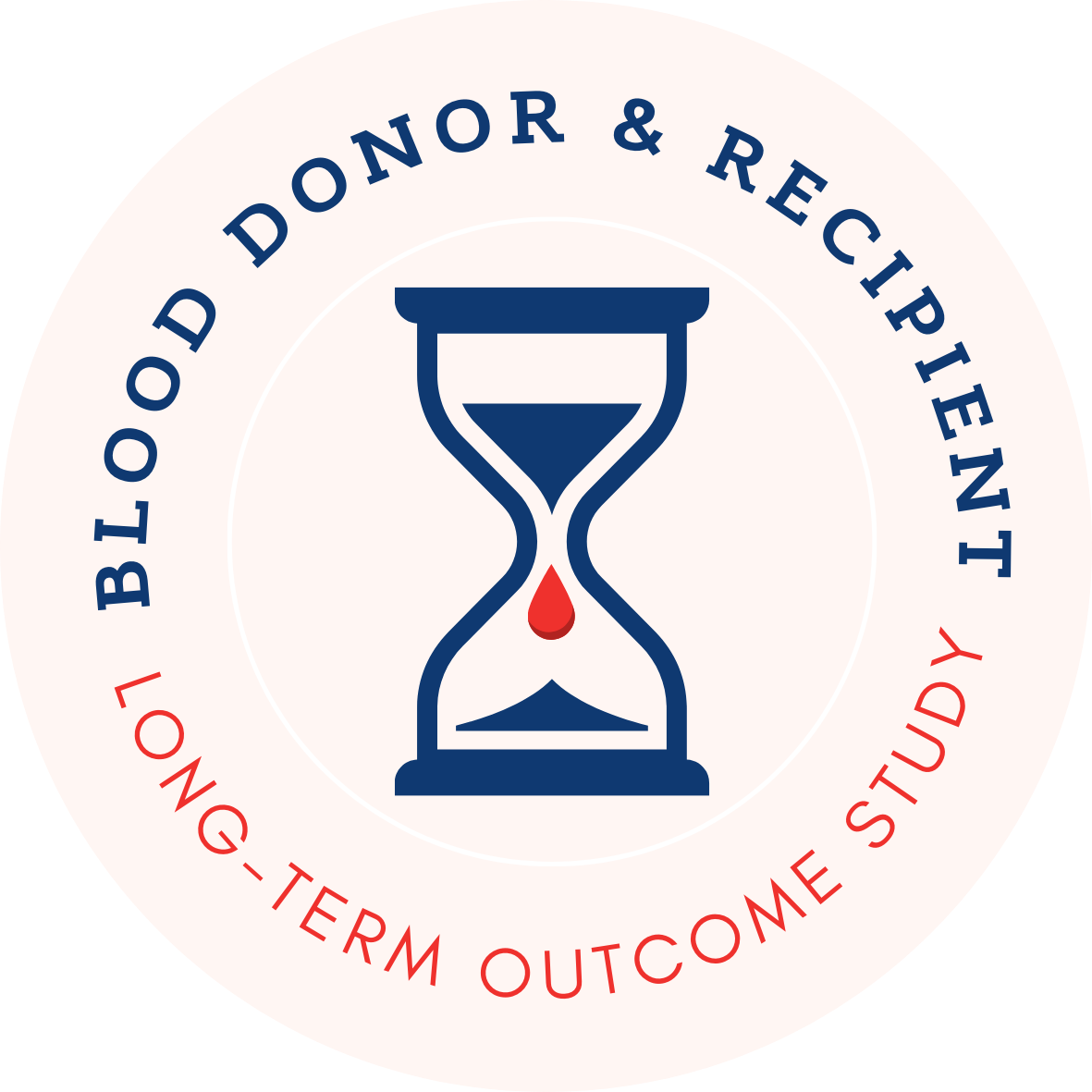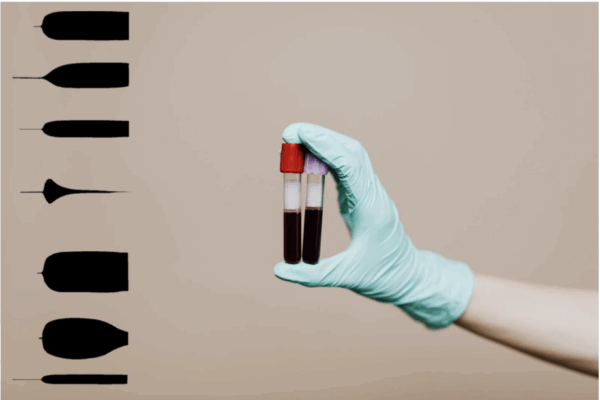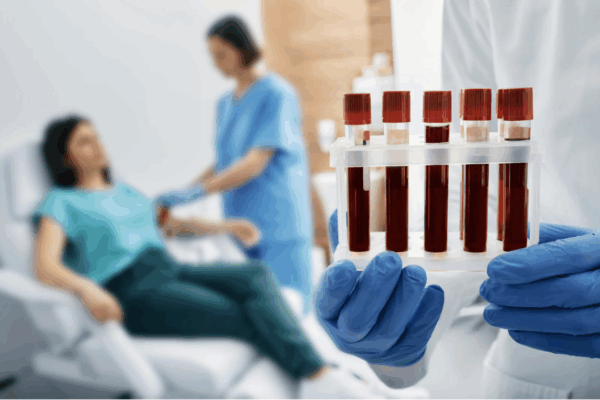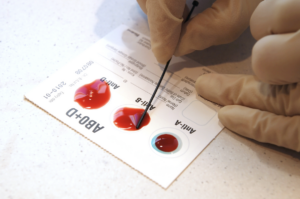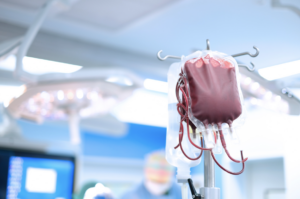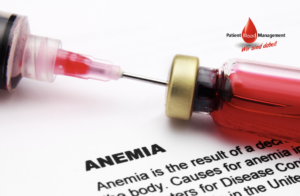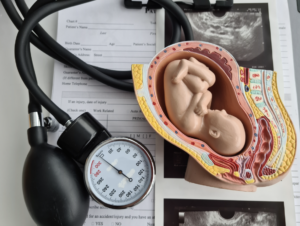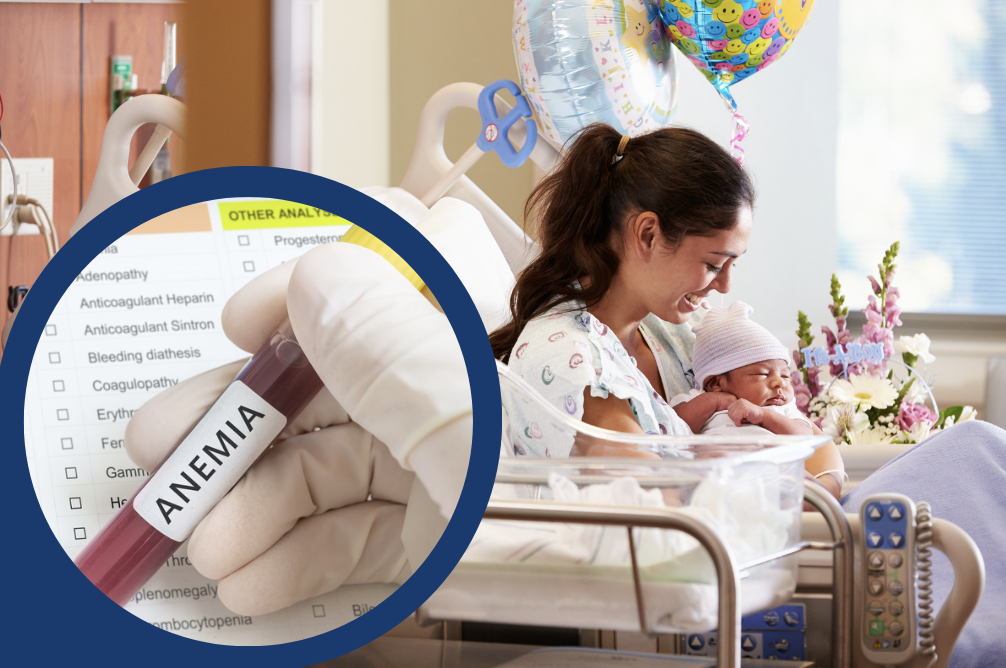
Current concepts in postpartum anemia management
Current Opinion in Anaesthesiology
Postpartum anaemia (PPA) is a major health problem affecting 50-80% of women worldwide and is primarily caused by prenatal iron deficiency and peripartum blood loss. This review aims to highlight recent advances in the detection and treatment of PPA. Numerous studies have confirmed the benefits of diagnosing and treating PPA, particularly through the administration of iron supplements. Despite this, many healthcare professionals are unaware of the latest findings, resulting in a lack of implementation of effective strategies for the treatment of PPA. Effective treatment of PPA, particularly through iron supplementation, significantly improves the physical and mental health of mothers.
Long-Term Outcomes
-
- Mental health: PPA is associated with an increased risk of postpartum depression. Women with iron deficiency or anaemia in the postpartum period are more likely to suffer from depressive symptoms. Iron supplementation, particularly intravenous iron, has been shown to significantly reduce depression levels.
- Fatigue and quality of life: Anaemia is associated with increased physical and mental fatigue, impaired cognition and an overall lower quality of life. Effective treatment of PPA with iron supplements improves energy levels and reduces fatigue, resulting in better physical performance and mental well-being.
- Mother-infant interaction: Anaemia can have a negative impact on mother-infant interaction, affecting bonding and caregiving skills. Studies show that treated mothers are more attentive and better able to set appropriate goals for their infants, strengthening the mother-infant relationship.
- Duration of breastfeeding: Effective treatment of PPA is associated with prolonged breastfeeding. Anaemic mothers may have difficulty breastfeeding due to fatigue and poor health, whereas mothers who receive appropriate treatment are able to breastfeed for longer.
- General health: Long-term treatment of PPA reduces the risk of chronic anaemia-related complications and ensures better overall maternal health.
Recommendations
The long-term benefits of treating PPA include improved maternal physical and mental health, better quality of life, improved mother-child interaction and longer breastfeeding duration. However, further research into the long-term benefits and risks of iron supplementation is needed to optimise the treatment of PPA. Understanding the full spectrum of outcomes will help refine treatment protocols and ensure the best possible care for mothers and babies.
Cite
Neef V, Choorapoikayil S, Hof L, Meybohm P, Zacharowski K. Current concepts in postpartum anemia management. Curr Opin Anaesthesiol. 2024 Jun 1;37(3):234-238. doi: 10.1097/ACO.0000000000001338. Epub 2024 Mar 22. PMID: 38390913; PMCID: PMC11062600.
Use of cell salvage in obstetrics in Germany: analysis of national database of 305 610 cases with peripartum haemorrhage
Adjusting Current Hemoglobin Thresholds: A Way to Improve Outcome in Women Undergoing Major Surgery
